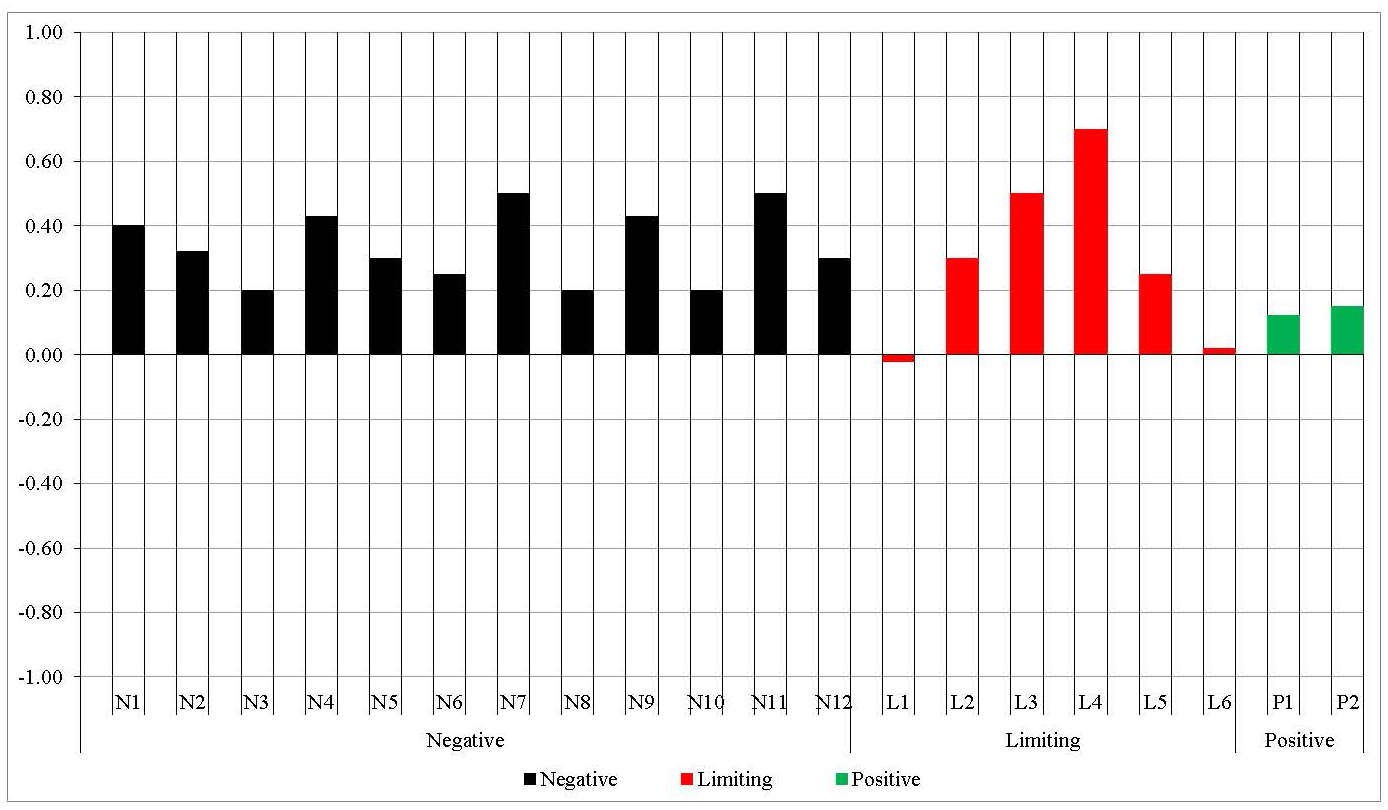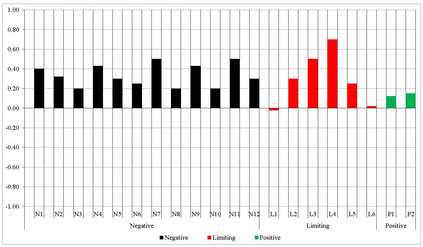COVID-19 pandemic has sharply projected the globally persistent multi-dimensional fundamental challenges in securing general socio-economic wellbeing of the society. The problems intensify with increasing population densities and also vary with several socio-economic-geo-cultural activity parameters. These problems directly highlight the urgent need for accomplishing the interdependent United Nations Sustainable Development Goals (SDGs) to ensure that in future we do not enter into vicious loops of contracting newer zoonotic viruses and need not search for their vaccines while incurring socio-economic havoc. Behavioural changes in human activities/responses are indispensable for achieving the interdependent SDGs. Using root cause analysis approach, we have developed a yearly assessment framework for viably analysing and identifying requisite region-specific downstream/upstream socio-economic policies to reach the SDGs. The framework makes use of an infographic bar chart representation based on the normalised values of 20 human activity/impact parameters classified under three categories as - negative, limiting and positive. With a holistic view encompassing the SDGs, we illustrate through this framework the impact and urgent need of region-specific human behavioural reforms. This framework enables the foresight about policies regarding their potential in bringing down the negative parameter values to the desired zero level for accomplishing the SDGs through planetary health.
翻译:COVID-19大流行的COVID-19大流行急剧预测了在确保社会总体社会经济福祉方面全球持续存在的多层面根本挑战,随着人口密度的增加,问题加剧,而且随着若干社会经济-地理-文化活动参数的变化,这些问题也各异,直接突出了实现相互依存的联合国可持续发展目标(SDG)的迫切需要,以确保今后我们不再进入接触新的动物流行病病毒的恶性循环,而不需要在引起社会经济灾难的同时寻找疫苗。人类活动/反应的改变对于实现相互依存的可持续发展目标是必不可少的。我们利用根源分析方法,制定了一个年度评估框架,对必要的区域特定下游/上游社会经济政策进行生动分析和确定,以达到SDGs。这个框架根据20个人类活动/影响参数的正常值,将20个人类活动/影响参数归类为负值、限值和正值,使用一张地图图来保证今后我们今后不会进入恶性循环。我们从包括SDGs在内的整体观点来看,说明具体区域人类行为改革的影响和紧迫需要。这个框架使人们能够对政策进行前瞻性,以便将其预期的GDG水平提高到负值。





